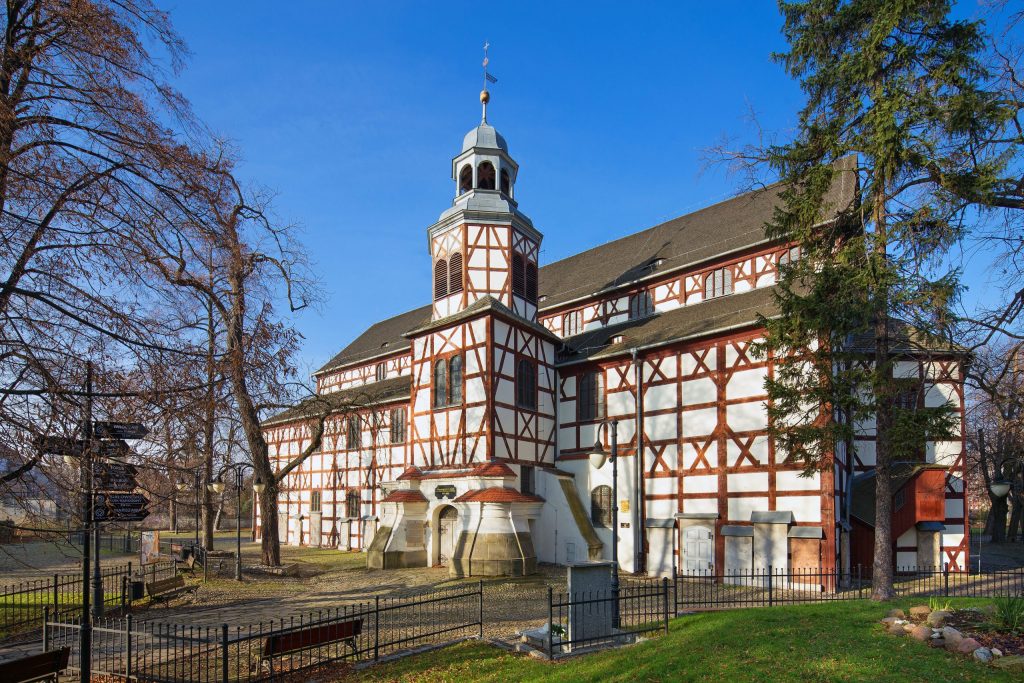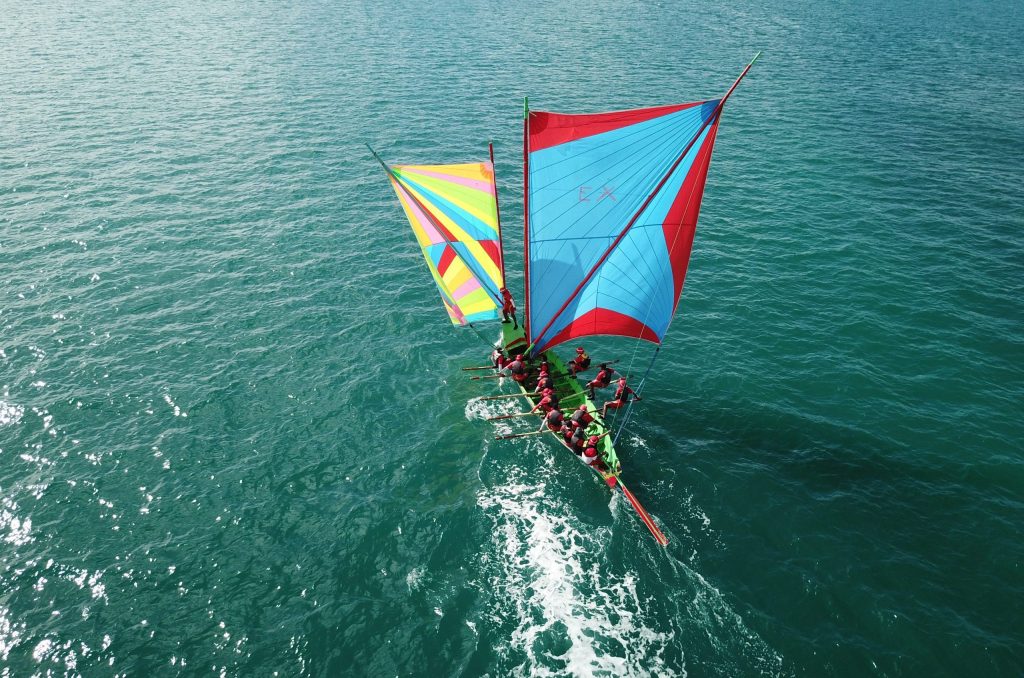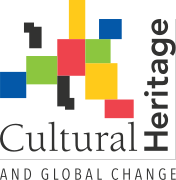Who we are
The Joint Programming Initiative on Cultural Heritage and Global Change (JPI CH) was created in 2010 based on an instrument launched by the European Commission. It is a Member-State-driven initiative bringing together national research funding organisations, ministries, and research councils from Europe to address societal challenges in the European Research Area (ERA) frame.
Cultural heritage is an essential component of individual and collective identity, both tangible and intangible. It brings societies together by reflecting and shaping common values, beliefs, traditions, and ways of living. Individually, it enables people to define a sense of identity and belonging. Cultural Heritage is composed of:
Tangible heritage: includes artefacts (for example, archaeological finds, objects, paintings), buildings, structures, landscapes, cities and towns including industrial, underwater and archaeological sites. It includes their location, relation to the natural environment and the materials from which all these are made, from prehistoric rock to cutting edge plastics and electronic products.
Intangible heritage: encompasses the social and festive practices, representations, expressions, knowledge and know-how that communities, groups, and individuals create, use and transmit from generation to generation. It stimulates spontaneous and participatory initiatives in inventorying, education and safeguarding and demonstrates the contribution of intangible practices to the challenges of contemporary societies (sustainable development, social cohesion or cultural diversity).
Digital heritage: includes texts, databases, still and moving images, audio, graphics, software and web pages. Some of this digital heritage is created from the scanning or converting of physical objects that already exist, and some are created digitally, or born-digital.
Natural heritage, which is defined by UNESCO as ‘natural features, geological and physiographical formations and delineated areas that constitute the habitat of threatened species of animals and plants and natural sites of value from the point of view of science, conservation or natural beauty. It includes private and publically protected such as natural areas, zoos, aquaria and botanical gardens, natural habitat, marine ecosystems, sanctuaries or reservoirs’.
Contact JPI CH


Apart from natural ageing, cultural heritage is exposed to many threats. Climate change and pollution, increasing urbanisation, mass tourism, human negligence, vandalism and even terrorism are challenging heritage assets worldwide. Research into strategies, methodologies and tools is required to protect, strengthen, and adapt cultural heritage to these threats in the most sustainable way.
To address these challenges, the JPI CH focuses on five main objectives:
- Improve the coordination of research on Cultural Heritage at the EU level by identifying short and long-term needs and priorities.
- Concentrate and increase human, material and financial resources allocated to Cultural Heritage research at the European level.
- Promote joint and multidisciplinary approaches to Cultural Heritage research and improve knowledge.
- Increase awareness of citizens, policymakers, and stakeholders.
- Build a European Research Area (ERA) to Cultural Heritage Research and bring it to the international level.
The JPI CH implements various activities. It publishes strategic research agendas, organises joint calls for research and innovations projects, scientific and policy conferences, workshops, dissemination activities, coordinates policy alignment between JPI CH partners, or establishes relationships with other regional, European and international networks, programmes and initiatives.
The JPI CH has also been a driving force in creating a new field of science: heritage science. The E-RHIS consortium defines heritage science as ‘the interdisciplinary domain of scientific study of heritage. Heritage science draws on diverse humanities, sciences and engineering disciplines. It focuses on enhancing the understanding, care and sustainable use of heritage so it can enrich people’s lives, both today and in the future. Heritage science is an umbrella term encompassing all forms of scientific enquiry into human works and the combined works of nature and humans, of value to people.’
A Video Introduction to JPI CH and SRIA 2020
Partners and observers
Red: Partner – Light red: Observer – Blue: is not a partner.
Select a country to see which organisations and institutions are involved.
Governance
The governance of the JPI CH relies on a three-tier structure composed of:
- A Chair and up to two Vice-chairs.
- A Governing Board (GB).
- A Steering Committee (SC).
- An Advisory and Scientific Board (ASB).
- A Secretariat.
- Pillars and Task Forces

It is composed of the Chair, the Vice-chair(s), and a maximum of two delegates and one deputy delegate per participating country (Partners and Observers). Each country holding Partner status has one vote, regardless of the number of its delegates.
The roles and functions of the Governing Board include:
- To elect the Chair and to approve the nomination of the Vice-chair(s).
- To write, update and adopt key documents such as the Vision Document of the JPI, the Terms of Reference (ToR) and the Strategic Research and Innovation Agenda (SRIA).
- To elaborate on the strategic plan of activities for the implementation of the SRIA.
- To adopt the composition of the Advisory and Scientific Board.
- To approve contributions from Partner countries and make budgetary arrangements.
- To adopt calls for proposals and other joint activities following the principle of variable geometry.
- To report to Partners and Observers and inform all the European Stakeholders involved in the implementation of the European Research Area (ERA) on the implementation of the JPI.
The Governing Board meets normally twice a year.
Experts and representatives of the European Commission can be invited to participate as observers.
It is composed of the Chair, Vice-chair(s) and the Task Forces coordinators.
The roles and functions of the Steering Committee include:
- To draft the guidelines for the elaboration of the strategic plan of activities for the implementation of the SRIA by the Governing Board.
- To forward to the Governing Board proposals on each of the matters submitted to it as well as all relevant information of the discussions held at the Steering Committee.
- To coordinate the implementation and follow-up of other Joint Activities.
- To elaborate a three-year Financial Annex for the JPI CH.
- To coordinate the programme research activities (calls for proposals), the assessment of the impact of the JPI CH, the training activities, and the dissemination of results.
The Steering Committee meets at least twice a year.
The Advisory Group comprises fifteen European and international private and public bodies and organisations relevant to the JPI CH.
Members have a three-year renewable mandate.
- Architects’ Council of Europe (ACE): Mr Georg Pendl, President
- Council of Europe (COE): Mr Francesc Pla, Culture and Cultural Heritage Division
- Digital Research Infrastructure for the Arts and Humanities (DARIAH): Mr Toma Tasovac, Director
- European Confederation of Conservator-Restorers’ Organisations (ECCO): Ms Elis Marçal, President (cc: Sebastian Dobrusskin & Stefan Belishki, Vice-presidents)
- European Construction, Built Environment and Energy Efficient Building Technology Platform (ECTP): Dr Isabel Rodriguez-Maribona, Chair of Heritage & Regeneration Committee
- European Research Infrastructure for Heritage Science (E-RIHS): Mrs Vania Virgili, E-RIHS Coordinator
- Europa Nostra: Prof. Koen Van Balen, Member of the Europa Nostra Council and Professor at KU Leuven
- Europeana: Mr Harry Verwayen, Executive Director
- Humanities in the European Research Area (HERA): Dr Wojciech Sowa, Chair
- International Centre for the Study of the Preservation and Restoration of Cultural Property (ICCROM): Ms Alison Heritage, Project Manager, Strategic Planning and Research, Strategic Planning Unit
- International Council of Museums (ICOM): Mr Luis Raposo, President of ICOM Europe
- International Council of Monuments and Sites (ICOMOS): Mr Jean-Christophe Simon, Board Member
- International Union for Conservation of Nature (IUCN): Mr Tim Badman, Director, IUCN Nature-Culture Initiative
- Time Machine Organisation: Mr Frederic Kaplan, President
- UNESCO (World Heritage Centre): Mr Alessandro Balsamo, Chief of the Nominations Unit
The Scientific Group is composed of twelve experts from countries involved in the JPI CH and countries outside the JPI CH.
Members have a three-year renewable mandate.
- Ana Amendoeira, Portuguese Ministry of Culture, Portugal
- Ana Pereira Roders, Delft University of Technology, Netherlands
- Annelie Sjölander Lindqvist, University of Gothenburg, Sweden
- Aleksandra Bitusikova, Matej Bel University, Slovakia
- Benjamin Gearey, University College Cork, Ireland
- Costanza Miliani, Istituto di Scienze del Patrimonio Culturale (ISPC-CNR), Italy
- Caitlin DeSilvey, University of Exeter, United Kingdom
- Eva Svensson, Karlstad University, Sweden
- Håkon Glørstad, Museum of Cultural History, University of Oslo (MCH), Norway
- Johanna Leissner, Fraunhofer, Germany
- Mario Eduardo Santana Quintero, Carleton University, Canada
- Mona Hess, University of Bamberg, Germany
- Marija Drėmaitė, Vilnius University, Lithuania
- May Cassar, University College London (Institute for Sustainable Heritage), United Kingdom
- Philippe Dillmann, CNRS, France
- Roy van Beek, Wageningen University, Netherlands
- Sandra Fatorić, Leiden University, Netherlands, Netherlands/Belgium
It takes care of the administrative implementation of JPI internal instruments and the coordination of the activities between the different bodies.
The Chair of the JPI CH supervises it.
Alexandre Caussé, Head of the Secretariat, alexandre.causse@jpi-ch.eu
Shangyun Shen, Project Manager, shangyun.shen@jpi-ch.eu
Elodie Cazenave, Project Manager, elodie.cazenave@sciences-patrimoine.org
These activities are assigned to ad hoc Task Forces inside the Pillar. Task Forces are established temporarily to address a specific issue. They are composed of representatives from organisations members of the JPI CH who decide, voluntarily, to participate in specific activities proposed by the Governing Board and/or the Steering Committee.
At the moment, the JPI CH relies on five main pillars:
- Pillar Programming
- Pillar Communication and Impact
- Pillar Governance
- Pillar Networking
- Thematic Pillar
Strategic Research and Innovation Agenda
The Strategic Research and Innovation Agenda 2020 builds on the SRA 2014 and reflects the political, economic, socio-cultural and technological changes in recent years. It capitalises on the increasing policy developments both within Europe and beyond, demonstrating the intrinsic and instrumental values of heritage. Through consultation with the JPI CH’s Advisory and Scientific Board and National Consultation Panels, four Priority Areas were identified:
- A reflective heritage for a resilient society – this Priority Area focuses on cultural heritage as an empowering force and a collective good for society.
- Sustainable management of cultural heritage – this Priority Area focuses on participatory governance, the added value of cultural heritage and emerging technologies.
- Cultural heritage in a changing context – this Priority Area focuses on urban and rural development, globalisation, demographic change and tourism. It will explore both the positive and negative implications for cultural heritage.
- Cultural heritage facing climate and environmental change – this Priority Area focuses on the impact of climate and environmental changes on cultural and natural heritage and how cultural and natural heritage could be a resource for Sustainable Development.
Overarching research principles have been agreed which will underpin the future joint activities of the JPI CH. They reaffirm that the initiative promotes a holistic approach to cultural heritage and encourages collaborative, transdisciplinary, interdisciplinary, innovative, basic and applied research, to meet societal challenges and contribute to sustainable development. Public participation and engagement, education and training opportunities should be at the heart of the joint activities. SRIA 2020 aims to ensure that the JPI CH supports digital innovation within the heritage sector and contributes to the UN Sustainable Development Goals.
The following are the three operational instruments:
- Funding instruments allow for financial resources from the participating national programmes to be pooled to launch joint funding calls, providing better use of public resources, adding value, and avoiding duplication.
- Networking instruments centre on knowledge exchange, communication and dissemination across funding programmes and promote joint activities between JPI CH partners and in cooperation with other instruments.
- Management instruments comprise activities, processes and mechanisms to support the governance and overall management of the JPI CH.
Become a member
Membership is open to any Member State of the European Union, Associated Country to the European Framework Programme or Third Country.
There are two categories of members:
- Partners: there are countries which are fully committed to the JPI CH, contributing to its activities, and participating in its day-to-day life. They participate in the decision-making processes and pay an annual contribution (in cash or in-kind).
- Observers: they can participate in the discussions but not in the decision-making processes. They can attend meetings upon request and may take part in any JPI CH activity on condition that they provide the required contribution.
A country wishing to join the JPI CH, as an Observer or a Partner, must send to the Chair of the JPI CH a formal request addressed to the Governing Board. It must include a document detailing the rationale and objectives for joining the JPI CH, the country’s national priorities and research landscapes, and its funding capacities.

